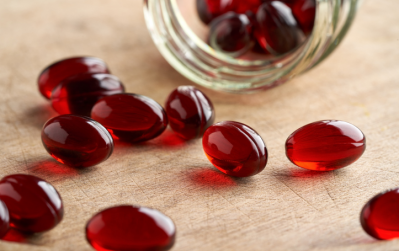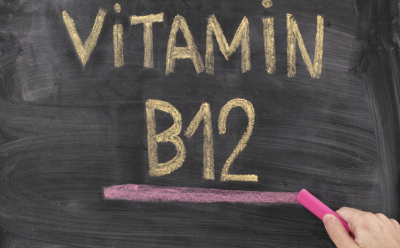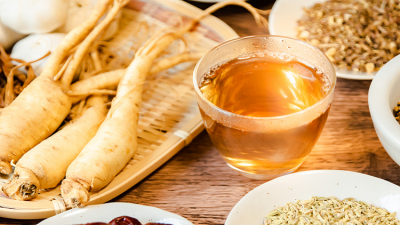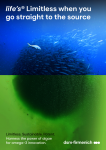Krill oil test failures: US-made products under fire in South Korea for alleged adulteration
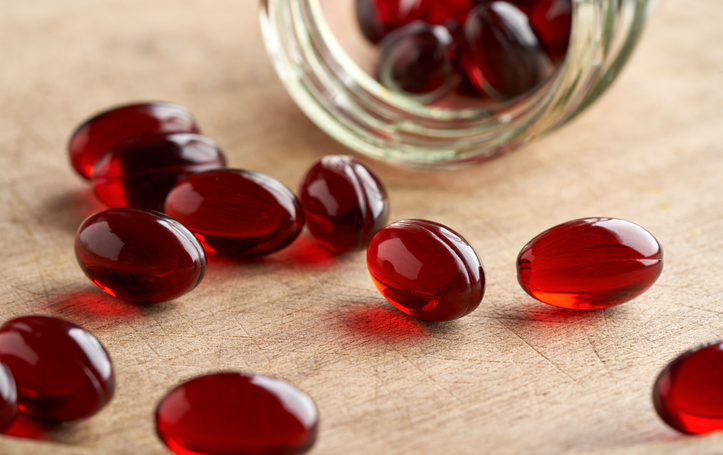
South Korea’s Ministry of Food and Drug Safety (MFDS) said it carried out the inspection in response to public petition received in June and July last year.
Krill oil is not recognised as a health functional food in South Korea and is regulated as a general food.
The regulator tested 55 different products for their fatty acid composition to determine if other fats and oils were mixed with krill oil.
One of the warning signs is an exceptionally high level of linoleic acid. The permitted linoleic acid according to CODEX is between zero and three per cent.
“If the content of linoleic acid is too high [between 21.2 and 49.1 per cent], the detection amount cannot be explained except that vegetable oil rich in linoleic acid is mixed [with krill oil],” the MFDS explained, adding that these vegetable oils were relatively inexpensive.
It found out that 22 out of the 55 products contained a mixture of oils and fats instead of pure krill oil. These 22 products were sold under the claim that they were 100 per cent krill oil.
All the 22 products were from the US, except for one product which was from Canada’s Mana Nutrition Ltd.
“This inspection was carried out in August and November after [krill oil was] being selected as an inspection target by the National Petition Safety Inspection Deliberation Committee, as public petition requesting to check for the mixture of other oils and fats [in krill oil products] was received from a large number of people in June and July,” the MFDS said.
The public petition is not only targeted at krill oil, but also enzyme foods, theanine, and other items for consumer use, such as sanitary napkins, coffee capsules, and cosmetics.
Lifebloom Corp had the highest number of products – eight products – which the authorities said had failed the krill oil inspection.
Prolife and Terry Pharmtec Corp had four and three products that failed the inspection respectively.
Proherb Lab and B&A Health had two products each while First Lab U.S.A Co and Whole Life Nutrition had one product each.
Measures
The MFDS plans to act against companies which make the false claim that their products are 100 per cent krill oil under the “Special Act on Imported Food Safety Control.”
It will also strengthen the inspection of krill oil products at the customs clearance and distribution stage.
Last year, the MFDS had proposed to follow the CODEX standards in its regulation of krill oil. This includes setting a minimum requirement for phospholipids concentration and limiting the amount of linoleic acid and myristic acid.
The proposal was opened for public consultation which ended on November 30 last year.
